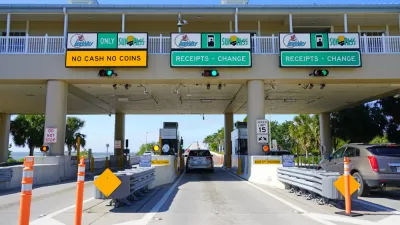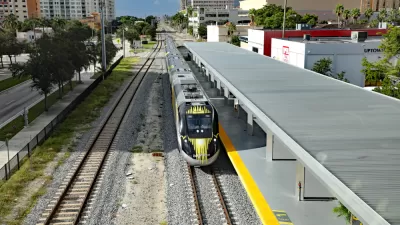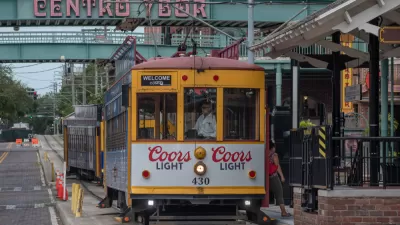Contrary to the opinion of many, cyclists do a better job versus drivers of obeying traffic laws

According to a new study by the University of South Florida’s Center for Urban Transportation Research reveals that cyclists were compliant with the law between 87 and 88 percent of the time, while drivers were compliant 85 percent of the time. The study, commissioned by the Florida Department of Transportation, was a "naturalistic behavior study," which outfitted 100 cyclists and their bikes with sensors and cameras, then monitored and tabulated their behavior.
Among the recommendations of the study are through lanes, reflective bike lane markings, better roadway lighten, and generally speaking, improved separation of cars and bikes to reduce conflict and improve safety.
FULL STORY: Cyclists Are More Law-Abiding Than Drivers

Maui's Vacation Rental Debate Turns Ugly
Verbal attacks, misinformation campaigns and fistfights plague a high-stakes debate to convert thousands of vacation rentals into long-term housing.

Planetizen Federal Action Tracker
A weekly monitor of how Trump’s orders and actions are impacting planners and planning in America.

Chicago’s Ghost Rails
Just beneath the surface of the modern city lie the remnants of its expansive early 20th-century streetcar system.

Bend, Oregon Zoning Reforms Prioritize Small-Scale Housing
The city altered its zoning code to allow multi-family housing and eliminated parking mandates citywide.

Amtrak Cutting Jobs, Funding to High-Speed Rail
The agency plans to cut 10 percent of its workforce and has confirmed it will not fund new high-speed rail projects.

LA Denies Basic Services to Unhoused Residents
The city has repeatedly failed to respond to requests for trash pickup at encampment sites, and eliminated a program that provided mobile showers and toilets.
Urban Design for Planners 1: Software Tools
This six-course series explores essential urban design concepts using open source software and equips planners with the tools they need to participate fully in the urban design process.
Planning for Universal Design
Learn the tools for implementing Universal Design in planning regulations.
planning NEXT
Appalachian Highlands Housing Partners
Mpact (founded as Rail~Volution)
City of Camden Redevelopment Agency
City of Astoria
City of Portland
City of Laramie





























